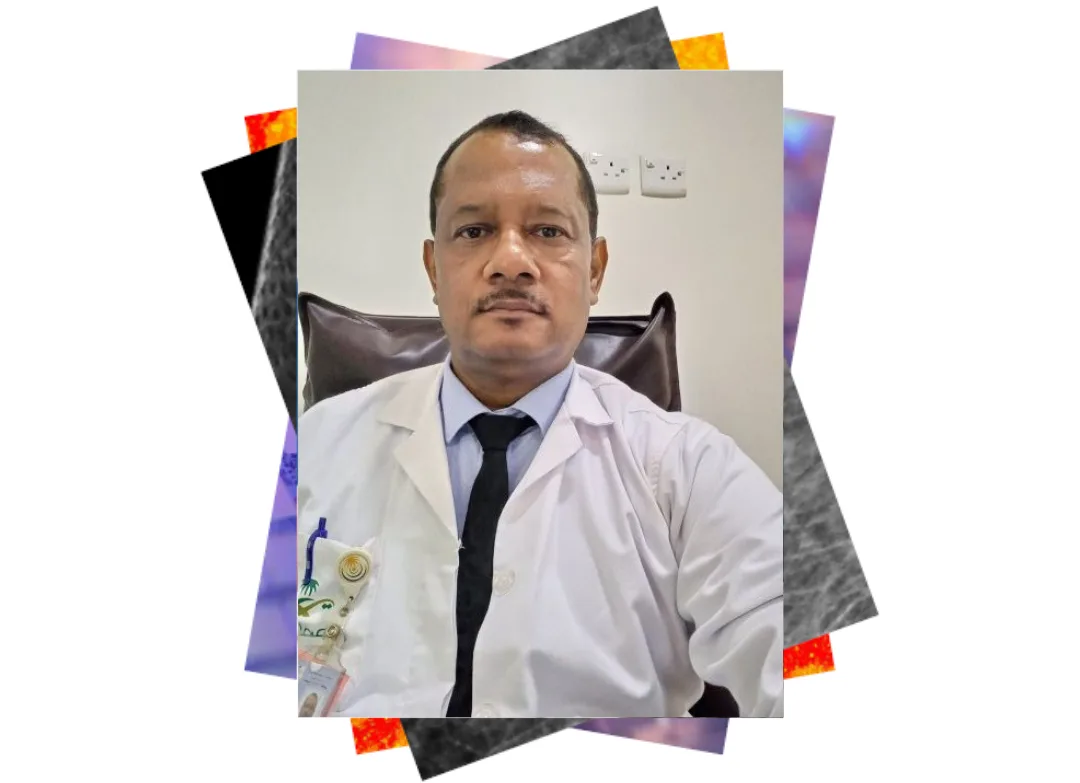
Clinical Skills - Dr. Robin Maarman, 담맘 헬스 네트워크 간호 책임자 (사우디아라비아)
2024년 9월 5일
Please briefly describe who you are and your role.
I am the Nursing Director of Nursing Professional Development Department (NPDD) at Dammam Health Network (DHN). Under the DHN’s umbrella are: Dharan Long Term Hospital; Dammam Medical Complex and 22 Primary Healthcare Centres. I have a team of more than 20 clinical nursing educators (CNE), and I facilitate all the educational activities for all 3 areas to ensure staff’s professional development that translates into excellent, evidence-based nursing care for our patients.
What are the three key challenges in accessing evidence-based skills within your role?
1. Non-availability of physical or electronic journals and media where evidence-based practices are published. If I am updating policies, I have to search via search engine or on applications for current evidence related to the policy which requires updating. This is a very tedious and time-consuming process.
2. The nature of my job is very time-consuming. I am responsible for the administrative tasks linked to my team of clinical nursing educators, and I also have to do my own secretarial work. For this reason, prioritization of tasks is essential and limits the time available to explore evidence-based information.
3. If there is any information or research on evidence-based practices conducted locally, language becomes a problem as it’s published in Arabic.
From your perspective, how important is nursing competency management within your role?
It is vitally important because there must be an effective method for nurses to progress from being a novice to an independently competent and skilled nurse. This way, we can be assured that more nurses are being developed and can be relied on to render safe, responsible and evidence-based nursing care.
Competency management also facilitates other aspects such as supporting end of year staff performance appraisals.
What challenges were you attempting to solve when you started using Elsevier’s Clinical Skills?
Too much paper-trail was needed before using Clinical Skills. Clinical Skills could remove or limit the amount of paperwork with the intention to ensure that nurses could attempt their part of the competency assessment process at their leisure (within limits).
Do you think that Clinical Skills can help drive adoption of clinical standards across care settings? If so, how?
Provided there are adequate supplies of both the equipment and manpower, digital solutions should be able to allow nurses more time to focus on the human aspect of care and allow nurses to spend time with the patient. Unfortunately, there is gross shortage of equipment already.
From your perspective, what are the biggest benefits of using Elsevier’s Clinical Skills?
It helped us cut down on paperwork (filing of so many paper-trail competencies) and it encouraged nurses to adopt the inevitable change to electronic-based care. Clinical Skills has allowed a good introduction to this concept.

Clinical Skills Discovery Insights
Download now